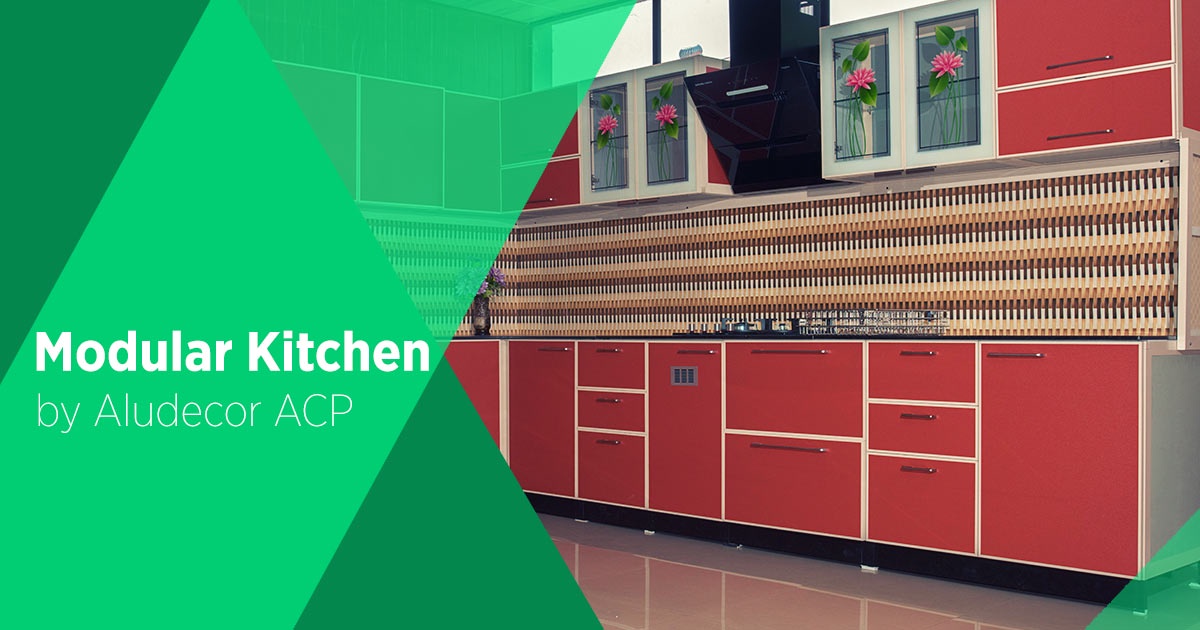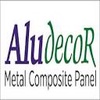The thickness of acp board is an important consideration when choosing them for facades. It's important to note that the optimal thickness for ACP boards depends on various factors such as the specific application, building design, environmental conditions, and engineering requirements. Dealers typically offer a range of thickness options to cater to different needs, allowing architects, engineers, and builders to select the most suitable thickness of acp board cladding for their project.
Why ACP Board Thickness Matters?
The advantages of different types and thicknesses of ACP (Aluminum Composite Panel) boards can vary based on their specific characteristics. However, here are some general advantages associated with different types and thicknesses of ACP boards. Let’s have a look at the various thickness of acp board design and their benefits -
2mm ACP Board:
- Lightweight: The 2mm thickness makes it a lightweight option, which is advantageous for easy handling, transportation, and installation.
- Cost-effective: Thinner ACP boards tend to be more affordable, making them a cost-effective choice for interior applications.
3mm ACP Board:
- Versatility: The 3mm thickness strikes a balance between flexibility and rigidity, making it suitable for a wide range of interior and exterior applications.
- Easy fabrication: It can be easily cut, bent, and shaped, allowing for customized designs and easy installation.
4mm ACP Board:
- Durability: The 4mm thickness provides increased strength and durability, making it suitable for demanding external applications that require resistance to weather, impact, and corrosion.
- Enhanced flatness: The thicker acp board helps maintain a flat surface, reducing the risk of warping or bending over time.
5mm ACP Board:
- Structural support: The increased thickness of 5mm provides added structural support, making it suitable for applications that require greater strength and stability, such as large-scale signage and building facades.
- Improved sound and heat insulation: The thicker panel helps to enhance sound and heat insulation properties, making it beneficial for applications where acoustic or thermal performance is important.
6mm ACP Board:
- Maximum strength: The 6mm thickness offers maximum strength and rigidity, making it suitable for heavy-duty applications that require exceptional structural integrity, such as high-rise building facades and architectural features.
- Impact resistance: Thicker panels tend to have better resistance to impacts and external forces, increasing the overall durability of the ACP board.
Are there any disadvantages with ACP Boards?
While acp board cladding offers numerous advantages, there are also some potential disadvantages to consider which are as follows -
- Susceptibility to high temperatures: ACP sheets are made up of a thermoplastic core sandwiched between two aluminum sheets. When exposed to high temperatures, the thermoplastic core may soften or deform, affecting the structural integrity of the panel.
- Fire safety concerns: The combustible nature of the thermoplastic core in ACP sheets can pose a fire risk. However, fire-resistant variants are available that incorporate fire-retardant materials or mineral-filled cores to improve fire safety.
- Fading and discoloration: ACP sheets may be susceptible to fading or discoloration over time, especially when exposed to UV radiation. However, high-quality ACP panels with superior coatings and UV-resistant properties can mitigate this issue.
- Limited repairability: acp board textures are challenging to repair once they are installed, especially if there is damage to the surface or the panels require replacement. In such cases, a complete panel replacement is often necessary.
- Difficulties in recycling: ACP sheets are not easily recyclable due to the combination of aluminum and plastic materials. Separating these materials for recycling purposes can be complex, leading to challenges in the environmentally friendly disposal of ACP panels.
- Noise transmission: No matter whatever is the acp board thickness, they have limited sound insulation properties. In applications where soundproofing is crucial, additional measures may be required to address noise transmission effectively.
It's important to note that the disadvantages mentioned above can vary depending on the specific brand, quality, and construction of the ACP sheets. However, when you are choosing the premium ACP board from Aludecor, you can get fire retardant, sustainable as well as worthy pricing for the products.


No comments yet